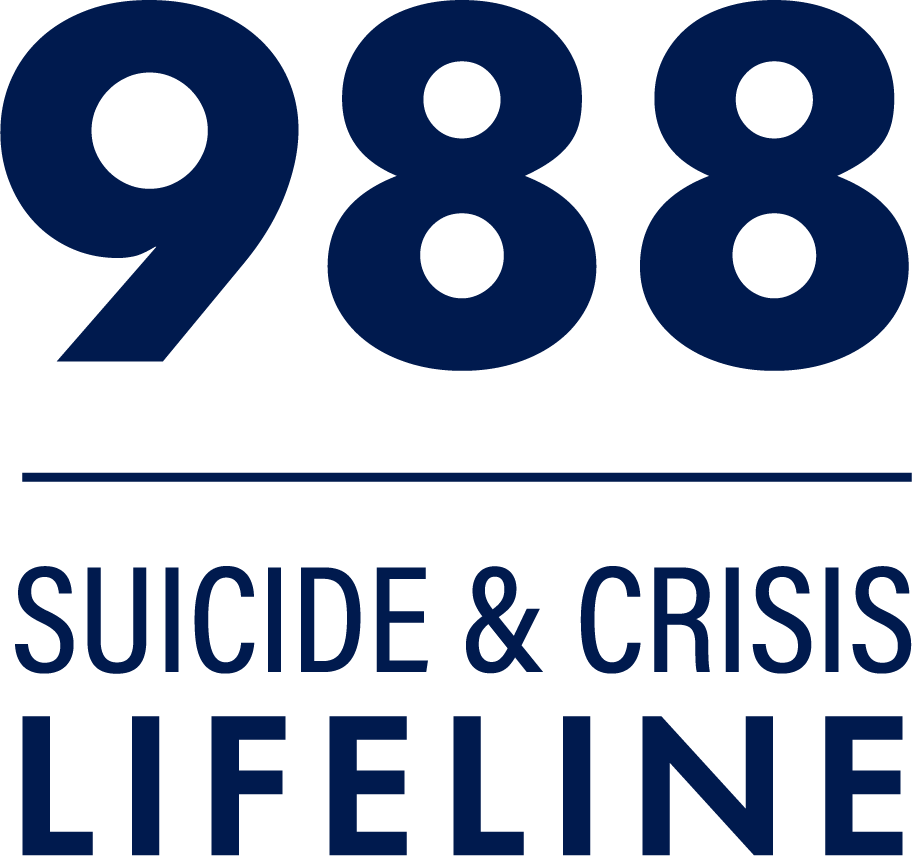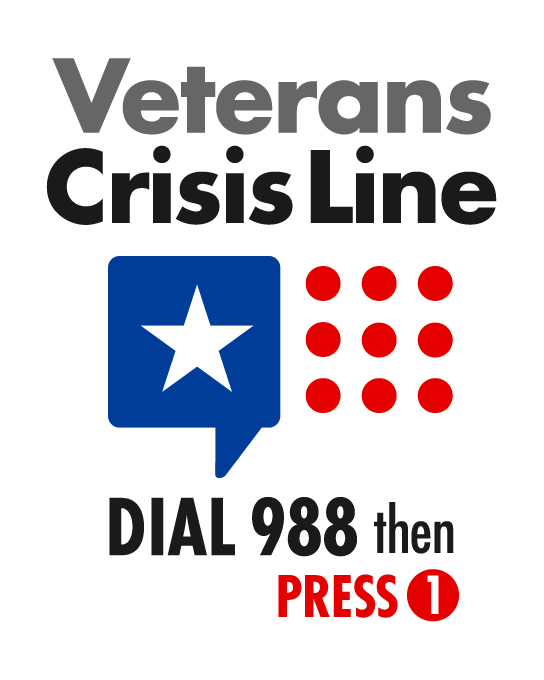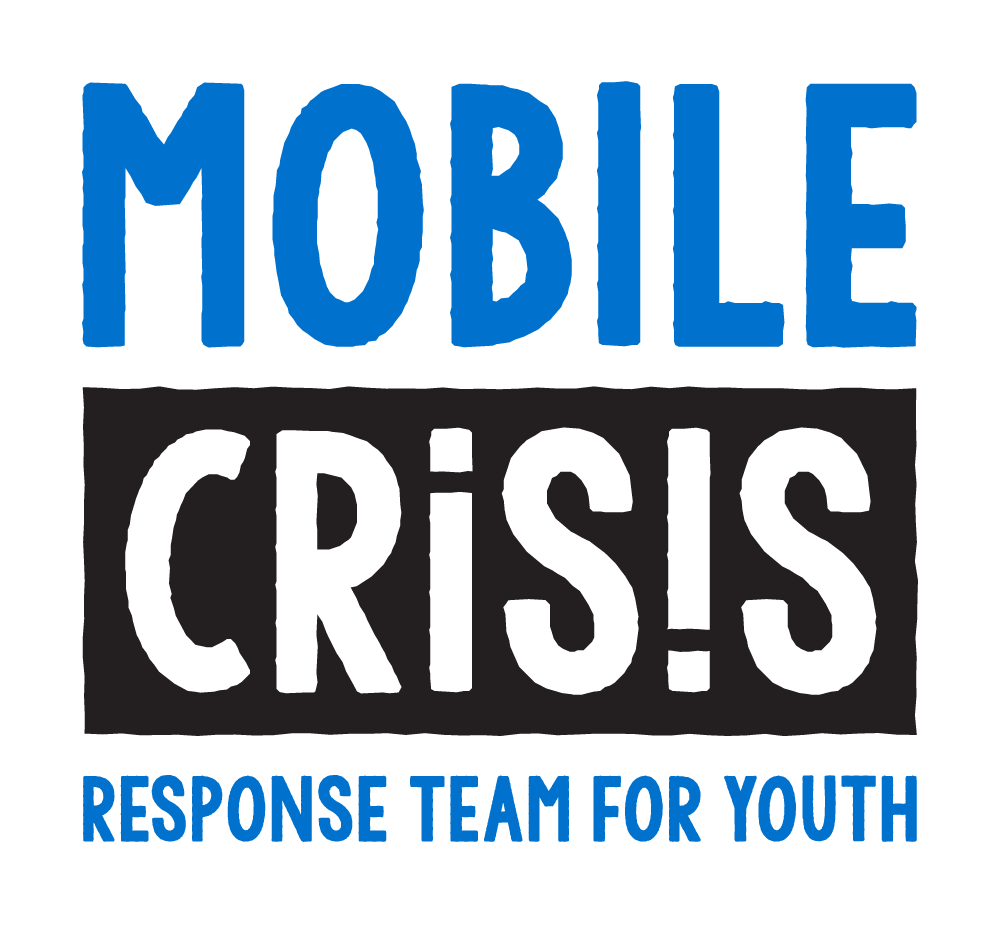National and CT data and studies show that many individuals who die by suicide had recently been in health or behavioral health care treatment. Therefore, these providers and settings are key gatekeepers for individuals at risk of suicide. They may advance their existing efforts to increase identification, referral, access to care, care coordination, and follow-up post discharge of individuals at risk through the use of various evidence-based strategies, practices, tools and policies, and by ensuring that clinical and professional staff are trained and educated appropriately. The following are some examples of recommended resources:
- 13 Reasons Why Toolkit
- ACCESS Mental Health CT
- After a Suicide: The Zero Suicide Approach to Postvention in Health and Behavioral Healthcare Settings
- Assessing Factors Related To Clinicians’ Attitudes Towards Suicide Prevention
- Autism and Suicide
- Barriers and Opportunities for Suicide Prevention Among Correctional Officers: An Issue Brief for Clinicians
- Best Practices in Care Transitions for Individuals with Suicide Risk: Inpatient Care to Outpatient Care
- BHC News
- Bullet Points Project
- Closing a Deadly Gap in Behavioral Health Care
- Coalition Of Clinician Survivors
- Collaborative Assessment and Management of Suicidality
- Columbia-Suicide Severity Rating Scale (C-SSRS)Note: Columbia Suicide Severity Risk Scale – Brief Screener is now available as an App for Androids, iPhones and iPads, thanks to a partnership with a PA group. C-SSRS for Research
- Columbia Suicide Severity Rating Training SCORM FILE for Learning Management Integration
- Connecticut’s Extreme Risk Protection Order (ERPO) Brochure (General Public, Healthcare Professionals)
- Counseling Access to Lethal Means
- Crisis Chat – Lifeline Crisis Chat is a service of the National Suicide Prevention Lifeline in partnership with CONTACT USA. It is the first service of its kind where crisis centers across the United States have joined together to form one national chat network that can provide online emotional support, crisis intervention, and suicide prevention services. Chat specialists are available to listen and support you through whatever difficult times you may be facing.
- Crisis Now
- Crisis Now: Transforming Services is Within Our Reach
- Crisis Text – Crisis Text Line is free, 24/7 support for those in crisis. Text 741741 from anywhere in the US to text with a trained crisis counselor; in CT text “CT” to 741741. Crisis Text Line trains volunteers to support people in crisis.
- CT Training and Education Resources
- APHA – ACEs, Overdose, and Suicide
- Creating a Shared Approach to Suicide and Overdose Prevention
- Gambling and Suicide Risk
- Healthcare Professionals & Suicide: Awareness, Prevention, First Steps to Help
- Impact of Suicide on Professional Caregivers: A Guide for Managers and Supervisors
- Inadequate Hand-Off Communication
- Intersection of Opioids and Suicide Webinar
- Joint Commission Booster Pak on Suicide Risk (NPSG.15.01.01)
- Know what questions to ask patients and clients with the C-SSRS-Suicide Risk Screening Tool
- Lethal Means Counseling in the ED
- National Guidelines for Child and Youth Behavioral Health Crisis Care (samhsa.gov)
- NPR-What Happens If You Try To Prevent Every Single Suicide? (November 2, 2015)
- Parents to Parents: After Your Child’s Suicide Attempt
- Preventing Suicide among Men in the Middle Years
- Preventing Suicide in Emergency Department Patients
- Recommended Standard Care for People with Suicide Risk
- Reformulating Suicide Risk Formulation: From Prediction to Prevention
See also: Corresponding image - Rehab Spot – Suicide
- R3 Report: Requirement, Rationale, Reference
- Safety Planning
- Safety Planning for Youth Suicide Prevention
- Screening Tool & Protocol- Columbia Suicide Severity Rating Scale (C-SSRS)
- Self-Directed Violence Classification system nomenclature
- Sentinel Event Alert #56: Detecting and treating suicide ideation in all settings
- Suicide Care in Systems Framework
- Suicide in Parking Facilities: Prevention, Response, and Recovery
- Suicide Prevention: Evidence-Informed Interventions for the Health Care Workforce Guide | AHA
- Suicide Prevention Recommendations for Non-Hospital Behavioral Health Care Settings
- Suicide Risk Assessment Toolkit
- Suicide Risk Management Consultation Program (Offers free, expert consultation for any provider, including outside VA, working with a veteran who may be at risk of suicide)
- Suicide Safety Plan App
- Supporting Behavioral Health Providers: Creating Postvention Strategies for Healing After Losing a Client to Suicide
- Therapeutic Risk Management of the Suicidal Patient
- TIP 50: Addressing Suicidal Thoughts and Behaviors in Substance Abuse Treatment
- Trauma Toolbox for Primary Care
- Treatment for Suicidal Ideation, Self-harm, and Suicide Attempts Among Youth
- Uniting for Suicide Postvention – Providers
- University of Buffalo School of Social Work Self-Care Starter Kit
- We Need to Talk About Suicide: A 2017 Beacon Health Options White Paper
- Zero Suicide Approach Elements & Joint Commission Element Crosswalk
- Zero Suicide in Health and Behavioral Health Care






 Adult Mobile Crisis
Adult Mobile Crisis